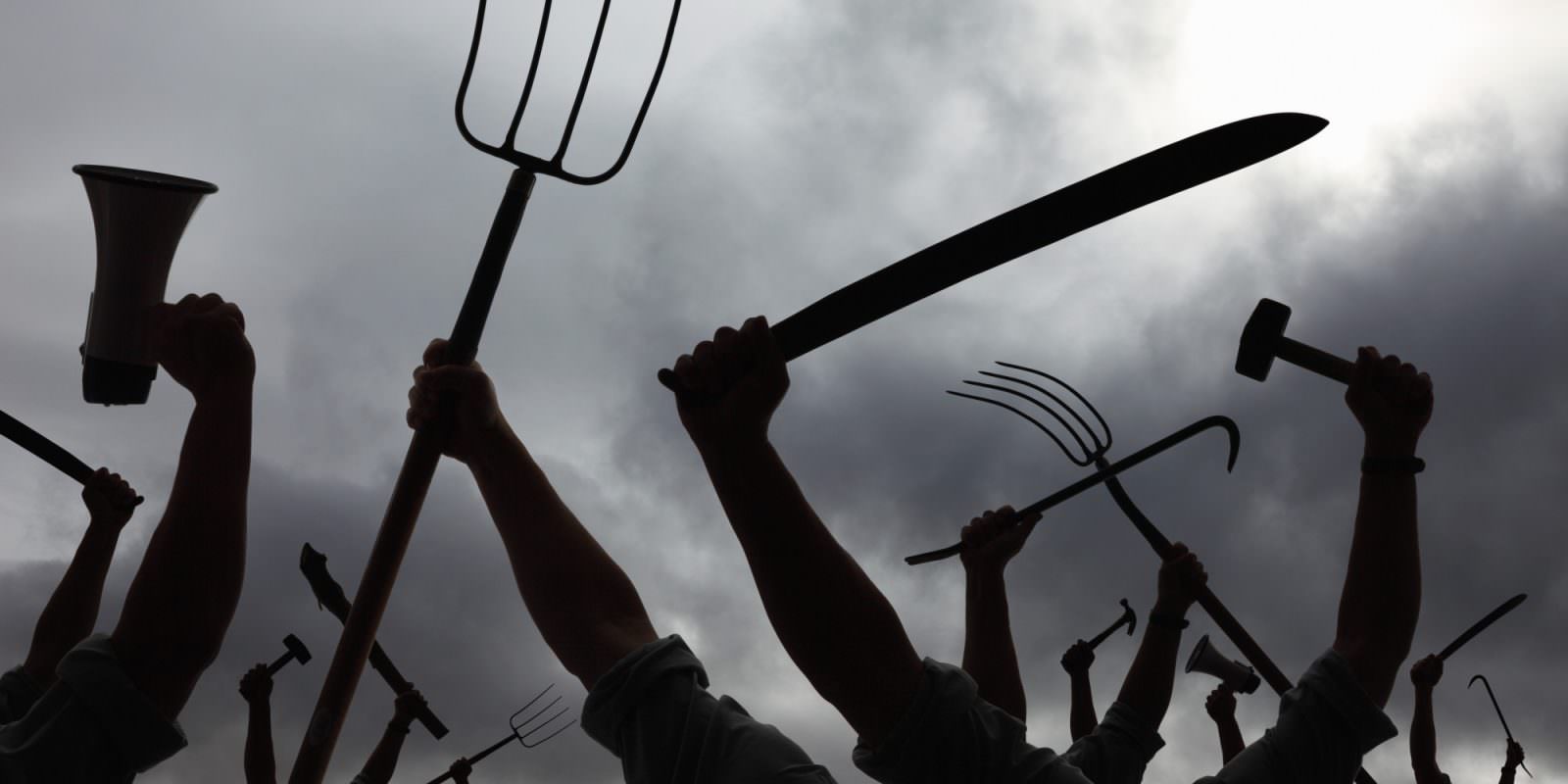
In a culture of outrage, mobs are too easily formed, and sometimes, lives are too easily damaged. That was my first thought as I read an article in the New York Times about the infamous “Victoria’s Secret Karen” video that went viral a couple of years ago.
I’m not going to take the time to educate you about the meme culture that labels certain white women as “Karens” along with videos of their behavior. That’s what Google is for. I also won’t recap the entire story about the incident that happened in the New Jersey Victoria’s Secret. That’s what this link is for.
It is important to note that the woman who was videoed and outed as a whining, aggressive Karen that day, is actually a legally disabled woman with a long history of medical and psychological conditions. Instead of being upset with a black woman for bothering her, she was afraid that a posted video would cause her to be kicked out of her apartment in a complex reserved for residents with intellectual and developmental disabilities.
Clearly, there are times when racist behavior needs to be brought to light, and I’m thankful that so many of us carry the means to do that with us everywhere we go. There are so many positives that come out of holding people accountable for their actions.
But what happens when we rush to judgment? When, instead of being slow to anger, we’re quick to post? Lives that need our help become targets of our outrage, and, I would argue, everyone loses.
My brother lived with disabilities. I minister regularly to adults living with disabilities. And while the woman who recorded the video, posted the video, and earned money from the video, had no way of knowing the mental and emotional state of the woman she was filming, she does now. And so does the virtual mob that added harassing calls and death threats to the mix.
I don’t know what the answer is in the specific case of the Victoria’s Secret Karen. I’d like to think the lawsuit against the disabled woman would be dropped by the woman who was attacked now that she knows the rest of the story, but that’s for the lawyers to work out.
But we can – and I would argue, as apprentices of Jesus, must – learn the lessons of scripture, and the value of slowing down the viral toxicity by being people of peace.
“A hot-tempered person stirs up conflict, but one slow to anger calms strife.” (Proverbs 15:18 CSB, emphasis mine)
“My dear brothers and sisters, understand this: Everyone should be quick to listen, slow to speak, and slow to anger,” (James 1:19 CSB, emphasis mine)
Today, let’s practice the slow things that bring peace more than the quick things that destroy it.







Leave a Comment